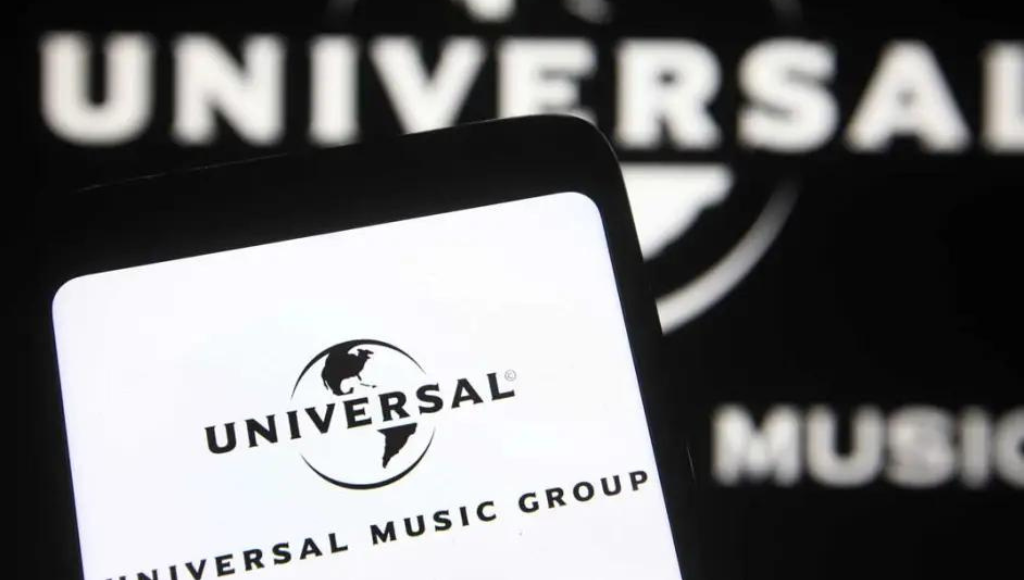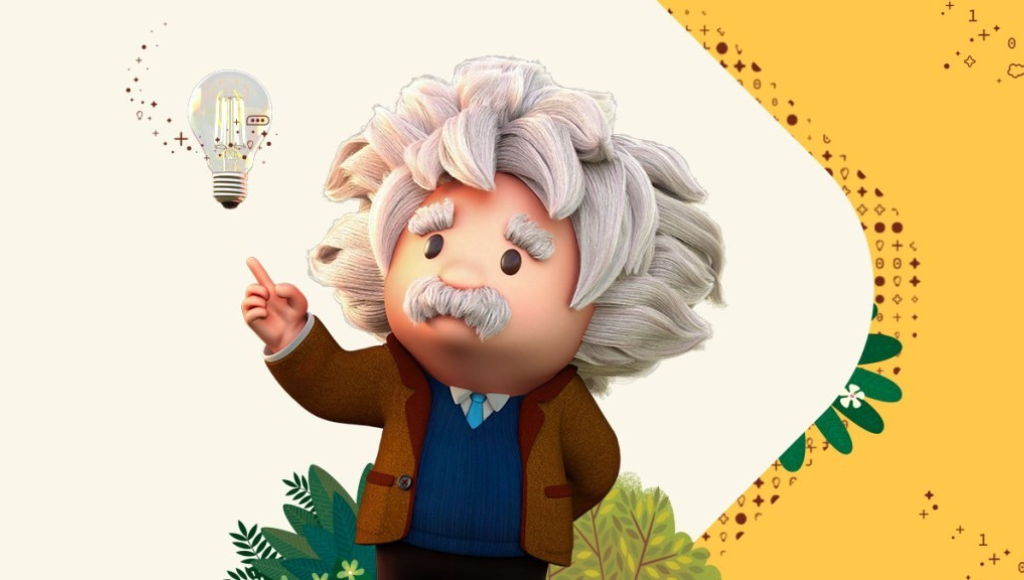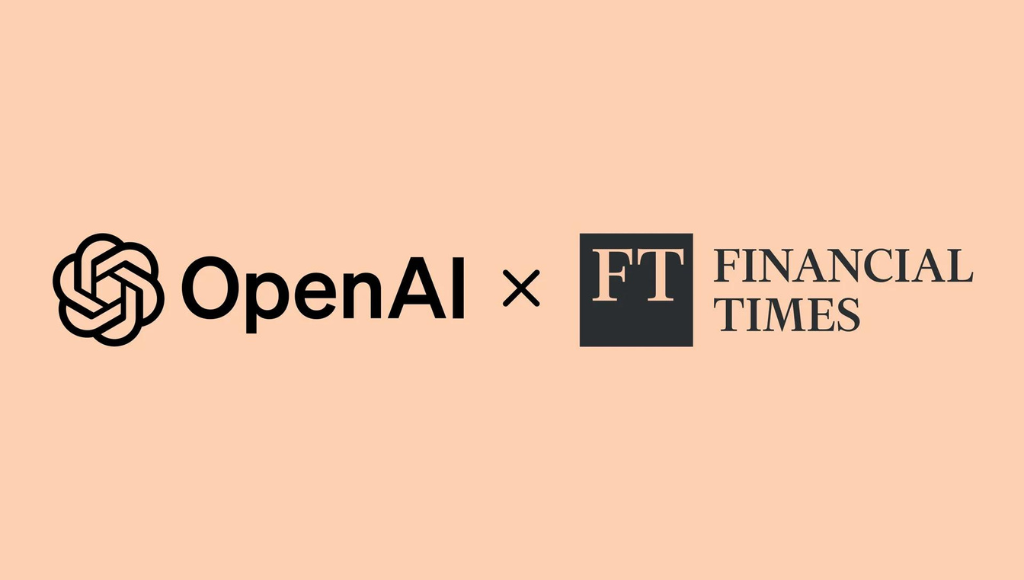After a previous controversy surrounding AI-generated songs utilizing artists voices, Universal Music Group (UMG), the world’s largest record label, appears to be embracing the potential of AI in collaboration with Google. The aim is to capitalize on the AI trend before it disrupts the industry further.
According to a report by the Financial Times, Universal Music Group (UMG) and Google are partnering to create a tool that will allow fans to produce AI-generated music utilizing the voices of musicians. This collaborative effort involves compensating copyright holders for the use of their melodies and granting artists the option to participate.
While Google is said to be in the initial stages of developing the AI tool, its release date remains uncertain.
Interestingly, a comparable arrangement is reportedly in the works between Google and Warner Music Group (WMG). Robert Kyncl, CEO of WMG, commented during an earnings call that, given the appropriate structure, AI has the potential to empower fans to show their appreciation to artists through a new form of user-generated content.
An Unexpected Shift in Strategy
UMG’s shift towards AI-generated songs is noteworthy, as the company had taken a firm stance against similar AI tools just four months earlier. These tools had been used to produce fabricated songs that were uploaded to major music streaming platforms, including Spotify, Apple Music, and YouTube. This change in approach might indicate that UMG sees AI as a tool for managing the changing landscape and safeguarding artists from the repercussions of AI-driven shifts.
During this same timeframe, an AI-created track titled ‘Heart On My Sleeve’ gained attention online, with claims that it was sung by artists represented by UMG, namely Drake and The Weeknd. Despite UMG’s attempts to have the song removed from streaming platforms, it had already accumulated over 600,000 listens.
Platforms like Spotify were forced to remove numerous AI-generated tracks from their services after AI companies made music-generating tools available to the public.
Divergent Views within the Music Industry
Numerous artists and industry figures have expressed support for AI-generated songs. DJ David Guetta, for instance, stated that “The future of music is in AI,” after incorporating AI-generated vocals from Eminem into a live performance. Canadian musician Grimes has also aligned with the AI music movement, offering her voice for use in AI-generated tracks.
“I’m willing to split 50 percent of royalties for any successful AI-generated song featuring my voice,” Grimes announced. She added that her voice could be used without constraints, highlighting her independence from labels and legal obligations.
Neil Tennant, the vocalist of the Pet Shop Boys, indicated that AI could be beneficial for artists during the songwriting process.
However, not everyone in the industry shares this optimism. Sting, in an interview with the BBC, expressed concerns that musicians are facing a “battle” against the rise of AI-composed songs.
Regulatory Frameworks on the Horizon
As more companies develop music-generating systems capable of producing a song in just over 300 seconds—like Meta’s MusicGen—calls for regulatory measures are growing louder. The industry recognizes the need to address the impact of AI on creative ownership and artistic authenticity in an evolving musical landscape.






